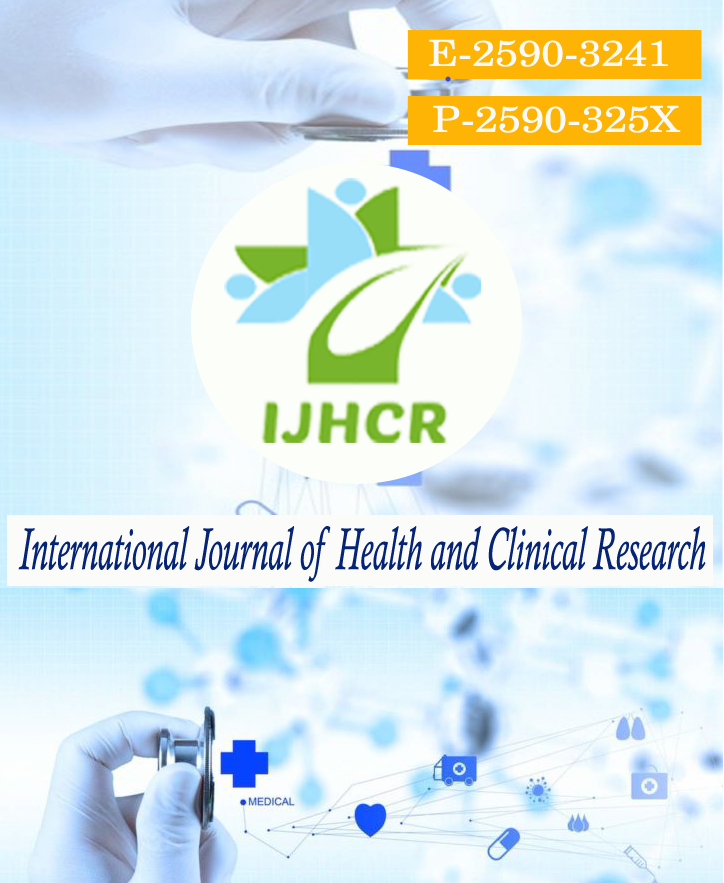
International Journal of Health and Clinical Research
Yazarlar: Urvashi Kumar, Ashutosh Kumar, T.P. Singh
Konular:-
Anahtar Kelimeler:Major depressive disorder,Vitamin D,MADRS,HAM,.
Özet: Background: Major depressive disorder (MDD) is a common psychiatric disorder leading to severe dysfunction in multiple spheres of life. Etiopathogenesis of MDD is multifactorial with multiple inconclusive theories including putative role for vitamin D so it has been investigated as a potential strategy for the prevention and/or treatment of depressive symptoms. Method: A longitudinal study in patients of Major Depressive Disorder as per DSM-5 attending the psychiatry outpatient department (OPD), from March 2018 - June 2019 of a tertiary care center was planned. Sociodemographic data was collected .Level of vitamin D was assessed at 0 and 12 weeks. . Patients were divided into 2 groups i.e. cases (patients with low vitamin D) and controls (patients with normal vitamin D). Cases were further divided into 2 groups, out of which one group was supplemented with vitamin D(60k/week) and the other group was not supplemented with vitamin D. All the above groups were given antidepressant (Sertraline) with benzodiazepines (Lorazepam) according to clinical assessment. Severity of the disease was assessed using MADRS and HAM-A at 0,4,8,and 12 weeks. Result: Out of 78 patients who were enrolled in the study, low vitamin D level was seen in 76.9% of the patients. At 0 week out of 60 cases, 30% had mild depression, 70% had moderate depression, while none of the cases had severe depression and 8.33% had mild anxiety ,55.00% patients had moderate anxiety, 36.66% had severe anxiety. Analysis of mean MADRS and HAM-A scores was done by taking into consideration all the three groups i.e. cases with vitamin D supplementation, cases without vitamin D supplementation and controls using ANOVA test at 0 and 12th week through which it could be seen that there was significant difference between all the three groups at 0 week but not at 12 week. Conclusion: Patients with low vitamin D levels are more likely to have depression than general population but there appears to be no beneficial effect of vitamin D supplementation in management of depression.